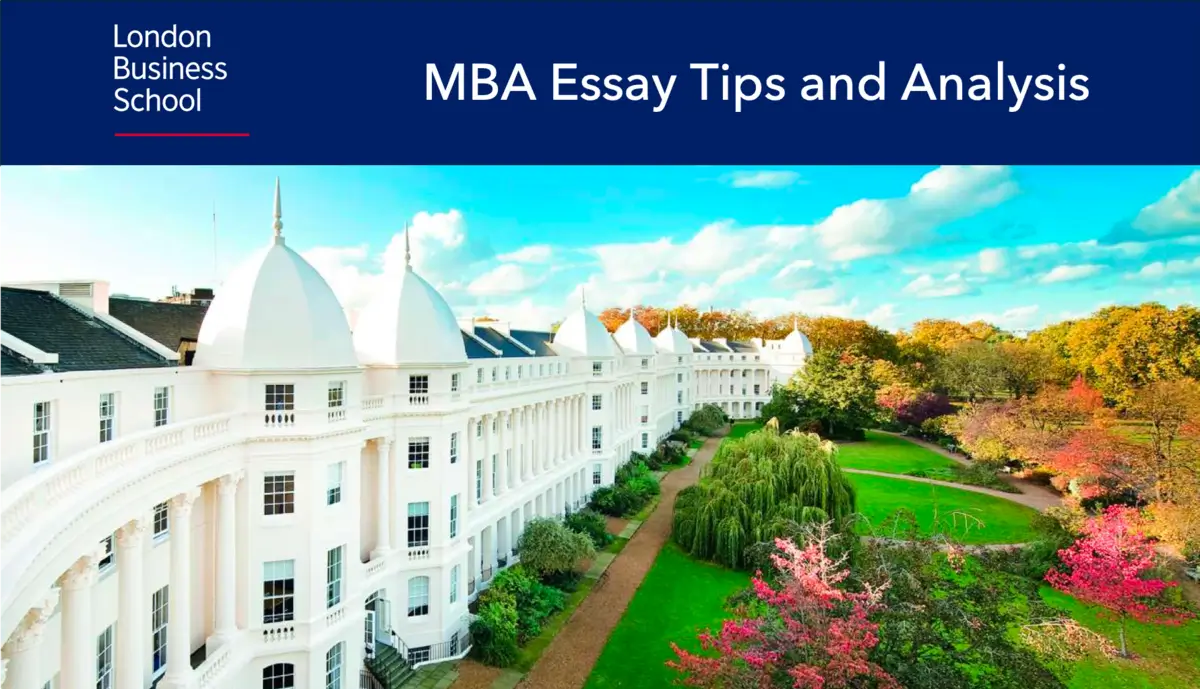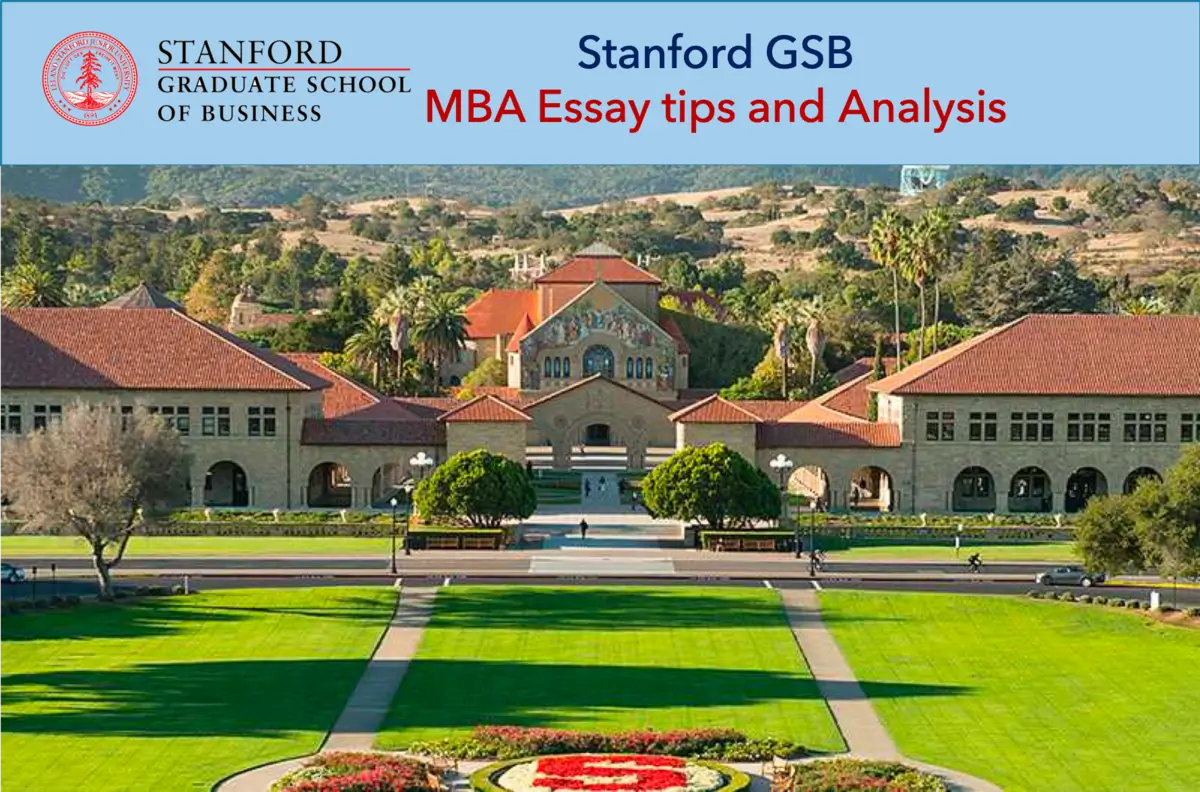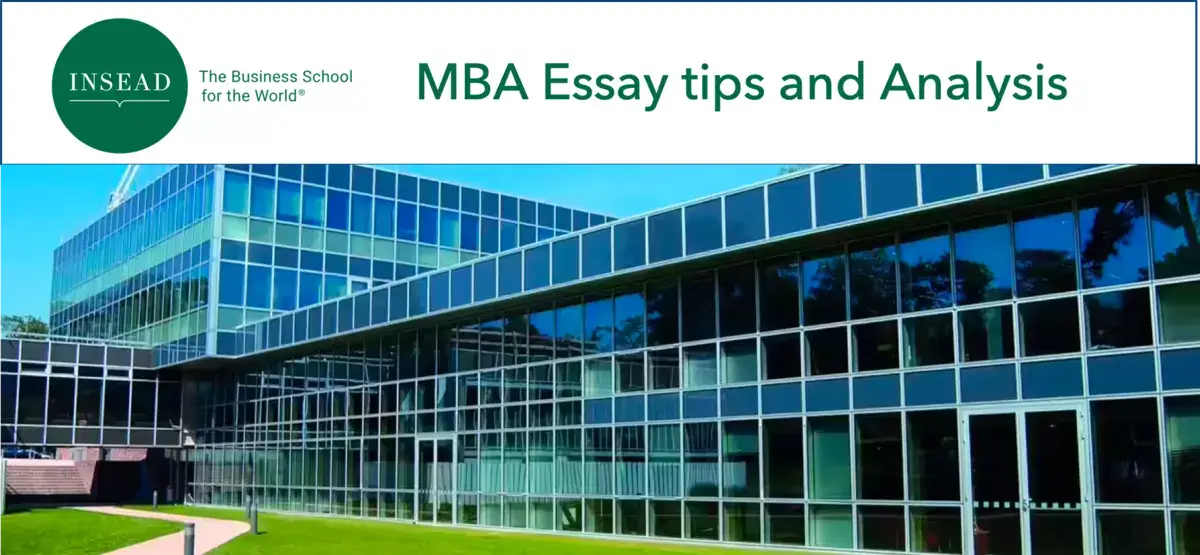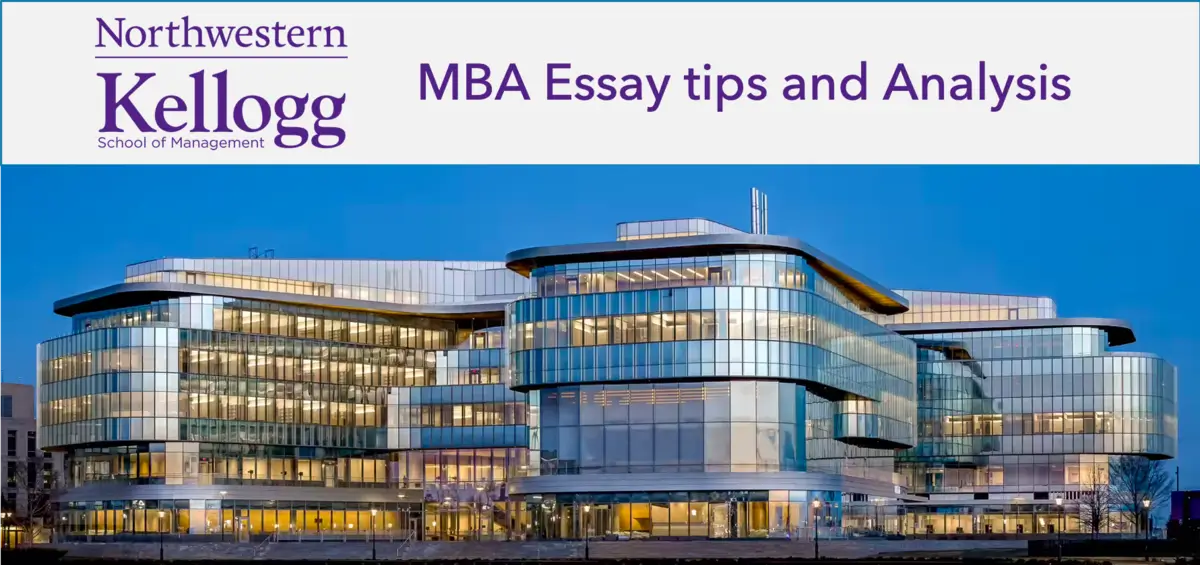Securing admission to a prestigious MBA program is a significant accomplishment, and MBA interviews play a pivotal role in this journey. These interviews offer admission committees a deeper look into the candidates, allowing them to assess not only qualifications but also the personal attributes that make a prospective student an ideal fit for their institution.

In this comprehensive article, we will explore the significance of MBA interviews, the various types and formats of these interviews, the top 10 qualities that MBA admissions committees are searching for, and invaluable tips to help you excel during your interview. Additionally, we’ll delve into common MBA interview questions and the most effective approaches to answer them. Read on to enhance your chances of securing that coveted admit to your dream MBA program.
Why are MBA interviews important?
MBA interviews are one of the most important factors in the business school admissions process. They provide an opportunity for applicants to showcase their personality and qualities that cannot be conveyed through test scores, transcripts, and other parts of the application.
Admissions committees use MBA interviews to assess an applicant’s fit with the school, their ability to communicate and think on their feet, and their potential to contribute to the MBA community.
Type of MBA interviews
MBA interviews can vary based on the business school, but most take 30-45 minutes. During that time, you may be asked various questions which would be mostly related to your application like Why MBA, Why now, Why this school, etc.?
You would most probably also be asked about 1-2 instances from your essays/resume where the interviewers would be interested in gauging how you overcame the challenges, what are the personality traits you displayed in those instances, and what is the impact you created, etc.
The MBA interview format can vary based on the business school. Some schools may conduct video interviews, while others prefer traditional in-person sessions. To learn more about how your prospective institution has chosen its approach, look up its admissions website because every program operates differently.
These are the different types of MBA interviews:
- Face to face interview
- Virtual interview
- Behavioral interview
- Team-based interview
- Video interview
For example, The HBS admissions committee will spend 30 minutes interviewing you and looking over your application. They might ask you questions about what experiences have led you up until this point in time, and how they can help make sure that whatever comes next is even better. They also ask you to submit a post-interview reflection within 24 hours of interview completion.
Apart from these formats, business schools also have blind and non-blind interviews. In non-blind interviews, interviewers have studied your application before the interview, so you can expect questions specific to your profile. However, in a blind MBA interview, the interviewer may only know your basic details but is unaware of your larger profile. You might expect more behavioral questions here.
Different MBA interview formats
Various MBA Interview Formats Blind Interviews Imagine being in an interview with an evaluator who knows almost nothing about you. These are referred to as “blind” interviews, and business schools like Columbia Business School and Yale School of Management are proponents of this approach.
In these interviews, the focus is primarily on your resume. The interviewer doesn’t allow themselves to be influenced by your academic background, test scores, or recommendation letters. The advantage of blind interviews is that they emphasize your work experiences as the central point. Schools employing this method often involve multiple interviewers, who could be alumni or second-year students, ensuring a fresh perspective.
Non-Blind Interviews Now, envision an interview where the interviewer is well-versed in your entire application. This is the essence of “non-blind” interviews, which are favored by business schools such as Harvard Business School, MIT Sloan School of Management, and London Business School.
In non-blind interviews, the questions delve deeper into your personality, leadership abilities, communication skills, and reasons for pursuing their MBA program. As you’ve already shared detailed information in your application, these interviews demand thorough preparation to present your unique qualities effectively.
Group Interviews Picture a group interview as a team project conducted in an interview format. Schools like Wharton and Michigan Ross favor this approach. You and several other applicants gather for discussions and collaborative activities. The goal is to observe how you handle challenges and function within a team.
Wharton explains that these team-based discussions (TBD) offer insights into your problem-solving approach and teamwork skills. It provides a glimpse into your ability to tackle challenges and collaborate effectively.
When preparing for your MBA interview, consider the type of conversation you’ll be engaging in—whether it’s a blank slate, an in-depth review of your application, or a team-based discussion. Understanding the format and preparing accordingly can give you a significant advantage.
A few pointers on the MBA interview formats
- Harvard Business School and MIT Sloan are the only M7 business schools where the interviewer would have studied your entire application.
- Stanford GSB focuses on behavioral questions. They’d like to understand your past behavior to predict how well you’ll perform in their rigorous MBA program.
- Wharton and Michigan Ross conduct ‘Team-based MBA interviews.
- Kellogg, Yale, INSEAD, and London Business School ask you to submit a video essay apart from a traditional MBA interview. The video essay aims to see how well you convey your information with little or no preparation time.
Top 10 qualities MBA admissions committees are looking for
- Fit with the school: MBA applicants should research the school prior to the interview and be able to articulate why they are a good fit for the program.
- Ability to communicate: Your MBA interview is an opportunity to showcase your communication skills. Be crisp, clear, concise, and articulate when answering questions, and make sure to maintain moderate eye contact with the committee members.
- The ability to articulate your goals: Admissions committees want to know what you hope to gain from an MBA program and how your goals align with the school’s mission. Be prepared to discuss your long-term and short-term goals, and how an MBA will help you achieve them.
- Potential to contribute to the MBA community: MBA applicants should demonstrate that they will be active and engaged members of the MBA community, both inside and outside the classroom.
- Passion for business studies: MBA programs are looking for genuinely interested students in business who have a clear vision for their future. Be prepared to discuss your motivation for pursuing an MBA and what you hope to accomplish after graduation.
- Leadership potential: Many MBA programs place a strong emphasis on leadership and want to see evidence of your ability to lead in your interview. Be prepared to discuss a time when you took on a leadership role and what you learned from the experience.
- Business knowledge: Admissions committees want to see that you have a basic foundation in business concepts. Be prepared to discuss basic business terms and principles, as well as current business news and events related to your industry/function.
- Executive Presence: MBA applicants should be able to project confidence, composure, and authority. They should be able to take charge of the interview and keep the conversation on track.
- Analytical Skills: MBA applicants should be able to think critically and solve problems quickly. They should be able to provide concrete examples of how they have used data and analysis to make decisions in their personal or professional life.
- Strong recommendations: Letters of recommendation are one of the most compelling components of the application, and also the most unsettling for applicants since it’s the one aspect you cannot entirely control. Make sure your recommenders are close enough to provide specific and relevant examples of your work and, above all, make sure they share in your excitement about going to business school.
MBA interview tips to help secure your admit
Be Proactive
- Tip: Proactively start preparing for the MBA interview once you’ve submitted your application.
- Explanation: Do not wait till you get a communication from the business school regarding your candidacy.
Be Well-Prepared
- Tip: Research the school thoroughly. Know their programs, culture, and values.
- Explanation: Showing that you’ve done your homework demonstrates genuine interest and commitment.
Craft a Convincing Story
- Tip: Narrate your journey and how an MBA aligns with your goals.
- Explanation: A compelling story helps the committee understand your motivations.
Practice Interview Questions
- Tip: Practice answering typical interview questions.
- Explanation: This will help you feel more at ease and articulate your thoughts effectively.
Showcase Leadership Skills
- Tip: Highlight instances where you demonstrated leadership and teamwork.
- Explanation: MBA programs seek future leaders, so display your leadership potential.
Emphasize Your Contributions
- Tip: Discuss how you can contribute to the school’s community.
- Explanation: Show that you can be an asset to the MBA program.
Demonstrate Self-Awareness
- Tip: Reflect on your strengths, weaknesses, and areas for improvement.
- Explanation: Self-awareness signals maturity and readiness for self-improvement.
Stay Positive and Enthusiastic
- Tip: Maintain a positive attitude and genuine enthusiasm.
- Explanation: Positivity is attractive and enthusiasm conveys your commitment.
Dress Professionally
- Tip: Wear professional attire that aligns with the school’s culture.
- Explanation: Dressing appropriately shows respect and professionalism.
Ask Thoughtful Questions
- Tip: Prepare insightful questions about the program.
- Explanation: This demonstrates your genuine interest and curiosity.
Mistakes to Avoid During MBA Interviews:
1. Lack of Preparation:
Failing to research the school or the MBA program adequately can make you appear disinterested and unprepared.
2. Overlooking Communication Skills:
Poor communication, including unclear answers or excessive jargon, can create misunderstandings. Practice articulating your thoughts effectively.
3. Being Overly Rehearsed:
While preparation is crucial, sounding robotic or rehearsed can come off as insincere. Aim for a balance between preparedness and spontaneity.
4. Neglecting Body Language:
Body language matters. Avoid slouching, maintain eye contact, and exhibit active listening. Confident body language enhances your overall impression.
5. Talking Too Much or Too Little:
Balance your responses. Avoid long-winded answers that may lose the interviewer’s interest, as well as overly brief responses that lack depth.
6. Neglecting the Basics:
Being late, not dressing appropriately, or not bringing necessary documents can create a negative impression. Double-check all logistical details beforehand.
7. Badmouthing Previous Experiences:
Avoid speaking negatively about past employers, colleagues, or experiences. Stay positive and professional when discussing your work history.
8. Being Overconfident:
Confidence is good, but arrogance can be off-putting. Be confident yet humble, acknowledging your achievements without diminishing others.
9. Not Being Yourself:
Authenticity matters. Trying to be someone you’re not, or providing answers you think the committee wants to hear, can backfire. Be genuine and true to yourself.
Most common MBA interview questions and approaches
Commonly asked MBA interview questions can vary depending on the school and the interview format, but here are some frequently encountered ones along with tips on how to approach them:
Tell me about yourself
Approach: Give a concise overview of your background, highlighting your academic, professional, and personal experiences that led you to pursue an MBA. Focus on key achievements and skills relevant to the program.
Why do you want to pursue an MBA?
Approach: Share your motivations for seeking an MBA, emphasizing your career goals, desire for skill enhancement, and how the program aligns with your aspirations.
Why do you want to join our MBA program?
Approach: Research the specific program thoroughly, and discuss its unique offerings that appeal to you. Highlight elements such as faculty expertise, curriculum, alumni network, or experiential learning opportunities.
What are your short-term and long-term career goals?
Approach: Describe your immediate post-MBA goals and how they align with your long-term aspirations. Show how the program can bridge the gap between your current skills and the requirements of your target roles.
Describe a challenging situation you faced at work/college and how you handled it.
Approach: Use the STAR method (Situation, Task, Action, Result) to structure your response. Highlight your problem-solving skills, teamwork, and leadership qualities while explaining the positive outcome.
What is your leadership style?
Approach: Provide specific examples that demonstrate your leadership approach, whether it’s collaborative, visionary, or hands-on. Back up your claims with instances where your style led to success.
Tell me about a failure or setback and what you learned from it.
Approach: Choose a genuine but not overly detrimental failure. Discuss how you took responsibility, learned from the experience, and implemented changes to prevent similar situations in the future.
How do you handle working in a team?
Approach: Share instances where you successfully collaborated with diverse team members to achieve a common goal. Highlight your communication skills, adaptability, and ability to contribute effectively.
Describe a time when you demonstrated innovation or creativity.
Approach: Narrate a situation where you came up with a novel solution or approach to a problem. Explain the context, your innovative idea, and the positive impact it had.
What is a recent book/article you’ve read or a current event you’re following?
Approach: Choose a relevant, insightful piece of literature or news item related to business, leadership, or your field of interest. Discuss its implications and how it resonates with your MBA journey.
Approach these questions with authenticity, concrete examples, and a clear connection to your goals and the MBA program. Practice your responses, but remain adaptable to engage in meaningful conversations during the interview.
Final Thoughts
The interview is one of the most important parts of the admissions process for business schools. It’s your chance to show the committee that you are a good fit for their business school and have what it takes to succeed in an MBA program.
We hope this article will help you prepare for your interview and make a great impression on the MBA admissions team.
But don’t forget – practice makes perfect! If you want more help preparing for your interview, our team at Admit Expert can help. Schedule a free strategy call today to get started on your journey to an acceptance letter from your dream business school.
Last but not the least, always remember that nothing in this world is perfect and the admission team understands this. Hence, it is very important to showcase that you have the ability to learn from your failures and adapt accordingly. This makes the MBA interview very competitive and that’s why MBA interview prep is very important.




